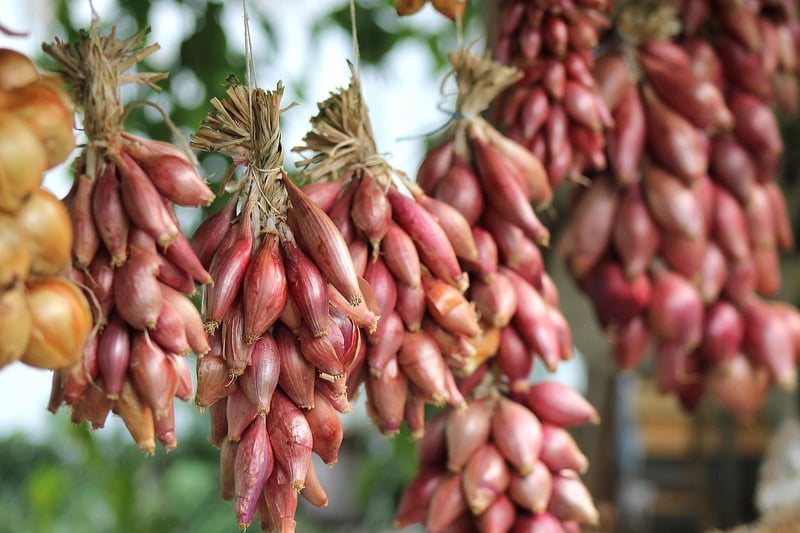Rooftop Farms
The Rise of Shared Urban Gardens and Rooftop Farms
Urban agriculture has seen a significant surge in popularity in recent years, with shared urban gardens and rooftop farms becoming increasingly prevalent in cities around the world. These innovative solutions not only provide fresh produce but also offer numerous environmental, social, and health benefits to urban communities.
Shared Urban Gardens
Shared urban gardens, also known as community gardens, are spaces where community members come together to cultivate fruits, vegetables, and flowers collectively. These gardens play a crucial role in promoting community engagement, fostering a sense of belonging, and improving food security in urban areas.

Benefits of Shared Urban Gardens
- Provide access to fresh, locally grown produce
- Promote sustainable living practices
- Enhance community relationships and social cohesion
- Improve mental well-being and reduce stress
- Contribute to urban greening and biodiversity
Rooftop Farms
Rooftop farms are a form of urban agriculture where rooftops of buildings are utilized for growing crops. These farms make efficient use of underutilized urban space and offer a range of advantages, including increased food production, improved air quality, and insulation benefits for buildings.

Benefits of Rooftop Farms
- Maximize land use in densely populated cities
- Reduce food miles and carbon footprint
- Provide opportunities for local employment and education
- Contribute to urban heat island reduction
- Enhance building energy efficiency
As the world continues to urbanize, shared urban gardens and rooftop farms offer sustainable solutions to food production challenges in cities. By integrating nature into urban environments, these initiatives promote resilience, community well-being, and a more environmentally conscious way of living.
Get involved in your local shared urban garden or support rooftop farming initiatives to be a part of the growing movement towards a greener, healthier urban landscape.
